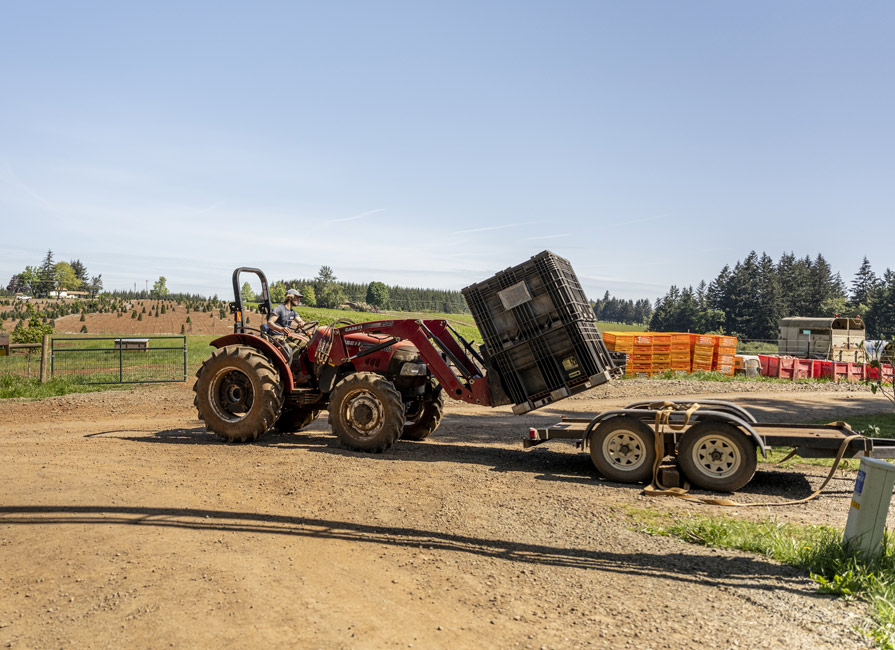One of the key attractions of our Certified Regenerative by AGW program is its practical…
Common Ground
Whatever your political persuasion, the current levels of social conflict and division we’re seeing today aren’t sustainable for any society. In times of social tension, we tend to seek safety among those who think and feel the same. In our social media-dominated world, it’s now even easier to select information sources consistent with our own positions—and exclude those that are not. It takes real courage to reach out to those who hold different views, to listen and challenge without igniting further conflict, and find the common ground necessary to move forward.
Recently, I’ve been thinking a lot about the ongoing and divisive debate around food and farming. Over the last five decades, agricultural intensification has greatly increased food availability. As a result, many people—particularly in the West—are fortunate enough to take food largely for granted, and rarely consider how food is produced or any ‘costs’ beyond that paid at the checkout. They are still not aware of the hidden costs to the environment, animals or human health of our food choices. By why should they? Most Americans are doing their best to keep their heads above the water; many work two or more jobs to do so. They are both time and cash poor, and shop accordingly. What the public DO see, however, is ‘foodies’ and advocacy groups attacking or belittling their basic food choices and lifestyles when, in reality, most people are simply trying to get by.
Criticisms of industrial farming are even harder to swallow for farmers. Despite mounting scientific evidence, admitting your farming practices are potentially harmful to the planet is a painful and destabilizing experience. Changing how you farm and to whom you sell is also fraught with uncertainty; and the powerful vested interests in the food industry serve only to stifle real debate. Who can blame many farmers for resisting change?
So how do we move forward? How do we encourage changes in public food choices without causing more conflict? How do we convince farmers that sustainable practices not only work, but are essential for future food security? I don’t pretend to have the answers—and could no doubt learn from many of your experiences in winning the hearts and minds of suspicious friends, family and customers alike. But I do know that we need to go back to basics. We need to reach out beyond our normal social networks and meet people where they are without judgement; to tread softly in debate and use sound science as our foundation; and, where discussions become too intense, cordially change the subject and seek common interests instead.


